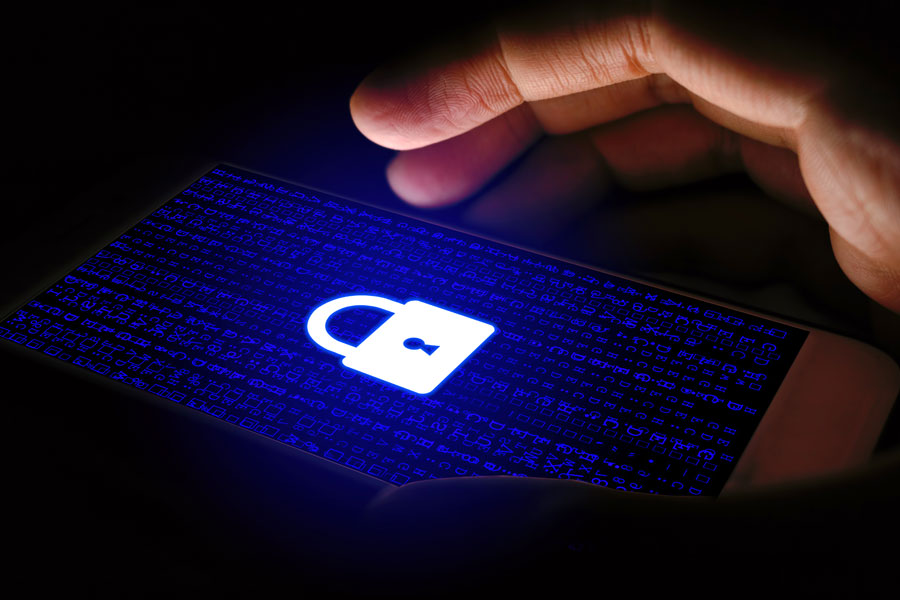June 26, 2020
Cyber Security for Mobile Devices

If you use a mobile device for company business, you should:
- Create a strong pin or password,
- Enable face or fingerprint recognition,
- Disable Wi-Fi and Bluetooth when not needed,
- Be careful about which apps you download,
- Disable location services when not needed,
- Backup your phone often, and
- Consider installing remote wipe software to remove data remotely in the event your device is stolen or lost.
Beyond these simple rules, keep in mind you need to also follow good general cyber hygiene. For example, mobile users are most vulnerable to phishing attacks because of the way mobile email clients display only a sender’s name. This makes it easier to spoof messages and trick someone into thinking an email is from someone they know or trust. According to an IBM study, mobile users are three times more likely to respond to a phishing attack.
Remember, too, a mobile device is only as secure as the network it’s linked to. Since on average corporate mobile devices use Wi-Fi three times more than cellular data, they spend much of time connected to open and potentially insecure Wi-Fi networks. The best way to ensure your connection isn’t vulnerable is by using encryption methods such as a VPN to authenticate messages are coming from a legitimate source.
